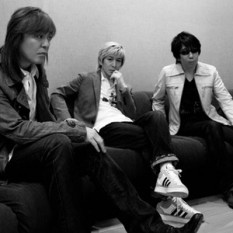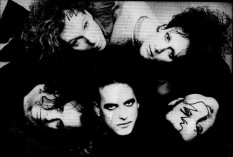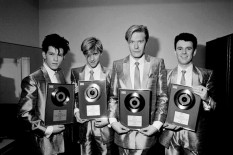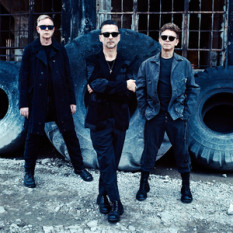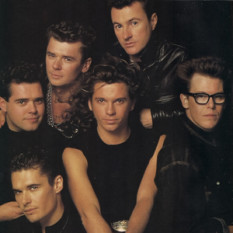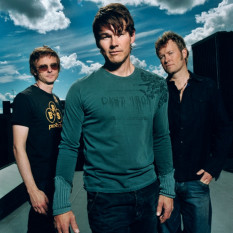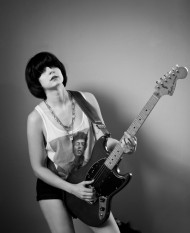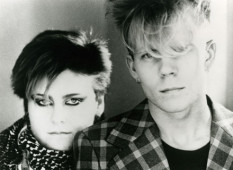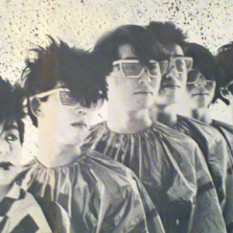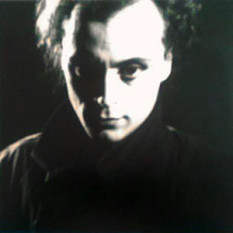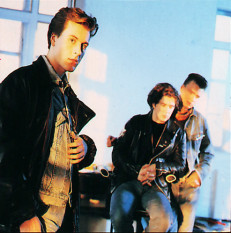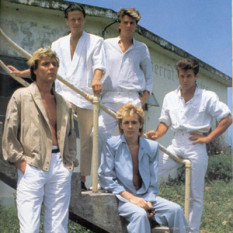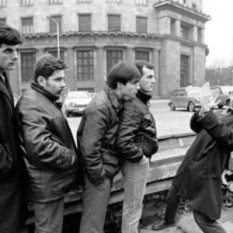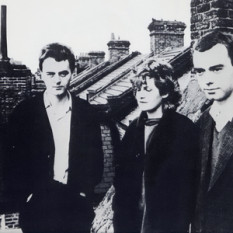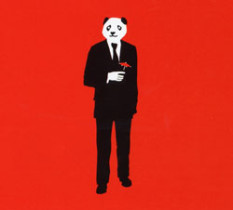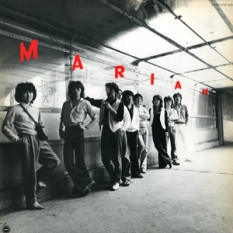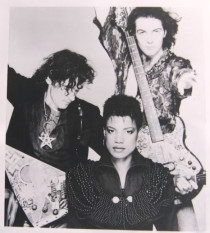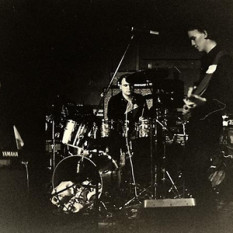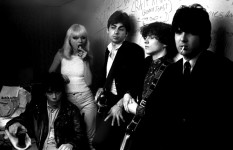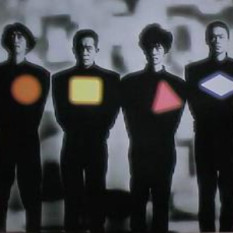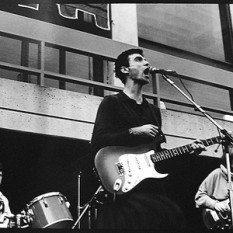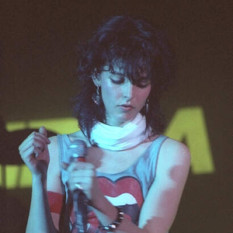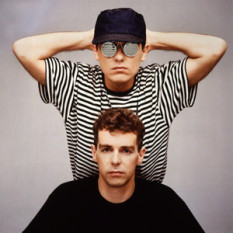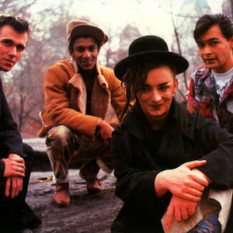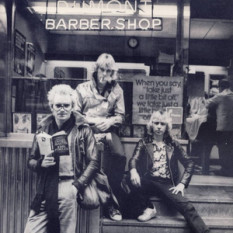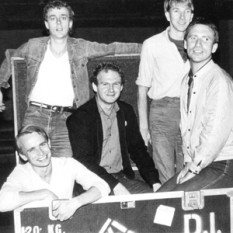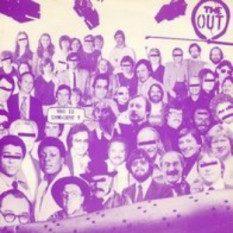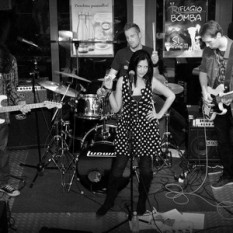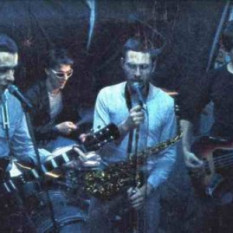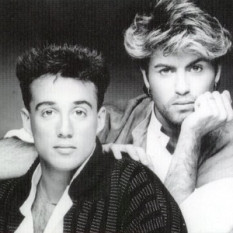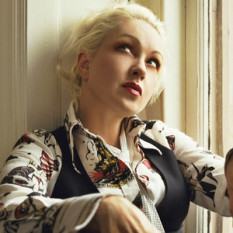New Wave is today a quite broad umbrella term describing popular music from around 1977 to 1986. But originally it was a slim sub genre of Western popular music that arose in the United Kingdom about 1977-78. It had close ties to punk rock and fairly strong influences of the musical style that had been invented and continuously developed throughout the 1970s: reggae.
The term New Wave was first a kind of description of a more musical and lyric wise complex music than punk. It was sometimes ironically used to describe punk band "who had learned to play their instruments". This is of course not true. The Police, Elvis Costello, The Pretenders, The Beat, The Jam, Blondie, The Cars, Talking Heads etc, could all play before releasing recordings. There were values as anti-racism (that's one reason for the reggae connection) and a widespread dissatisfaction with the government Thatcher's economic policies. Later came more and more initiatives from artists to start their own record labels
Around 1979-81 there were influences from punk, rock, pop, roots reggae , ska revival (2 tone), dub , very early Beatles songs and world music . Ultimately led the ambition to unite music, internationalism and social engagement that two new wave artists – Bob Geldof and Midge Ure – took the initiative to the big help galas for a starving Ethiopia,
In the early 80s there were strong reactions among the punk and reggae friendly new wavers with left-wing views against counting the bands who used the new synthesizer / electronic technology in their music as new wave bands. But these new synth bands, as New Order, Human League and Depeche Mode would soon be incorporated into the new wave crowd. One reason was that it soon became impossible to separate them. Traditional new wave band enlisted the help of synths, and synth bands made socially critical songs or used their instruments in reggae dub versions. Culture Club was new wave as well as Nina Hagen and Nena. But that does not mean that all 80's songs were new wave, which some record companies trying to tell new, young listeners.
New Wave, as a term, has been used to describe all post-punk rock music, yet, it distances itself from other post-punk movements as it displays characteristics common to pop music, rather than the more "arty" post-punk.
As a genre, it incorporates much of the original punk rock sound and ethos yet it is characterized by greater complexity in both music and lyrics. Common characteristics of New Wave music, aside from its punk influences, include the use of synthesizers and electronic productions, the importance of styling and the arts, as well as a great amount of diversity. As a term, New Wave is often used to describe music which was quirky and eccentric, yet also catchy and pop at heart, incorporating clear melodious hooks. In such a way, its style varies greatly, ranging from 1950s and 60s rock revivalism, ska and reggae-styled music, to synthpop-oriented dance.
New Wave is seen as one of the definitive genres of the 1980s; at the time, it enjoyed commercial success as several of the major artists and groups of the time were labelled New Wave. The genre became a fixture on MTV, and the popularity of several New Wave artists has been partially attributed to the exposure that was given to them by the channel.In the mid-1980s differences between New Wave and other music genres began to blur. New Wave has enjoyed resurgences since the 1990s, after a "nostalgia" for New Wave swept across the music scene, influencing several artists.The revivals in the 1990s and early 2000s were small, but became popular by 2004; subsequently, the genre has influenced a variety of music genres and is influenced by the same variety. .


